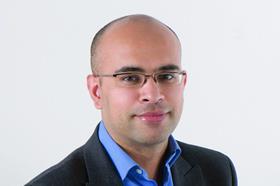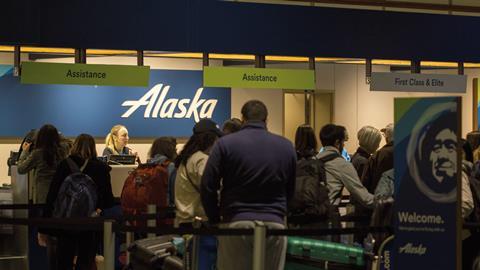A party may make an application to the court to bifurcate the trial to deal separately with certain legal issues at the heart of the dispute. The decision on whether to bifurcate a trial is essentially a case management one and is, therefore, at the full discretion of the court. The recent decision of Virgin Aviation TM Ltd and other v Alaska Airlines, Inc [2022] EWHC 2391 (Comm) provides a useful illustration of the factors the courts will take into account when determining an application to bifurcate a trial.

Legal test for bifurcation
A list of non-exhaustive factors the courts may take into account when determining an application for bifurcation were provided by Hildyard J in Electrical Waste Recycling Group Ltd v Philips Electronics UK Ltd [2012] EWHC 38 (Ch) and later summarised in Daimler AG v Walleniusrederierna Aktiebolag [2020] EWHC 525 (Comm) as follows:
- Whether the prospective advantage of saving the costs of an investigation of quantum if liability is not established outweighs the likelihood of increased aggregate costs if liability is established and a further trial is necessary.
- What are likely to be the advantages and disadvantages in terms of trial preparation and management.
- Whether a split trial will impose unnecessary inconvenience and strain on witnesses who may be required in both trials.
- Whether a single trial to deal with both liability and quantum will lead to excessive complexity and diffusion of issues or place an undue burden on the judge hearing the case.
- Whether a split trial may cause particular prejudice to one or other of the parties.
- Whether there are difficulties in defining an appropriate split or whether a clean split is possible.
- What weight is to be given to the risk of duplication, delay, and the disadvantage of bifurcated appellate process.
- Generally, what is perceived to offer the best course to ensure that the whole matter is adjudicated as fairly, quickly and efficiently as possible.
- Whether a split trial would assist or discourage mediation and/or settlement.
- Whether an order for a split late in the day after the expenditure of time and cost might actually increase cost.
Virgin Aviation TM Ltd
The parties entered into a trade mark licensing agreement and a dispute arose as to the interpretation of one of its clauses. Alaska made an application to have certain issues bifurcated, arguing, inter alia, that it had only recently discovered that Virgin permitted the use of the trade mark on a website to market and sell flights operated by Delta Airlines and that there was a good arguable case of breach of the trade mark licensing agreement. Virgin argued, inter alia, that there was, on the current pleadings, an overlap between the construction issues and the breach issues. That point had been recognised by Alaska in correspondence and they had offered a concession for the purposes of the forthcoming trial to try to get over this. Virgin contended that the proposed split was unworkable.
The judge, Christopher Hancock KC, refused to grant the application because:
- The application had been made far too late and very close to a trial in relation to which substantial costs had been incurred over a number of years.
- It was not easy to define the split and this was clear from the fact that concessions were having to be debated between the parties, the exact scope of which were still mutating during the course of the hearing.
- The potential costs savings were very limited, in the context of a trial which is forecast to cost over £7m.
- It remained open to Alaska to make their claim for breach, and indeed that the issue of how this claim relates to Virgin’s claim, which was for declaratory relief, remained to be debated in the light of judgment at the end of trial.
- Finally, the evidence will remain relevant to the current proceedings, and will have therefore to be considered in the current proceedings.
The factors the courts will take into account when considering an application to bifurcate will vary according to the circumstances of each case. As noted by Hildyard J in Electrical Waste Recycling Group Ltd, a judge must undertake a ‘pragmatic balancing exercise’ which requires assessing ‘how a case is likely to unfold according to whether or not there is a split’.
Masood Ahmed is an associate professor at the University of Leicester and research fellow on the Vici Affordable Access to Justice project, Erasmus University, Netherlands
































No comments yet